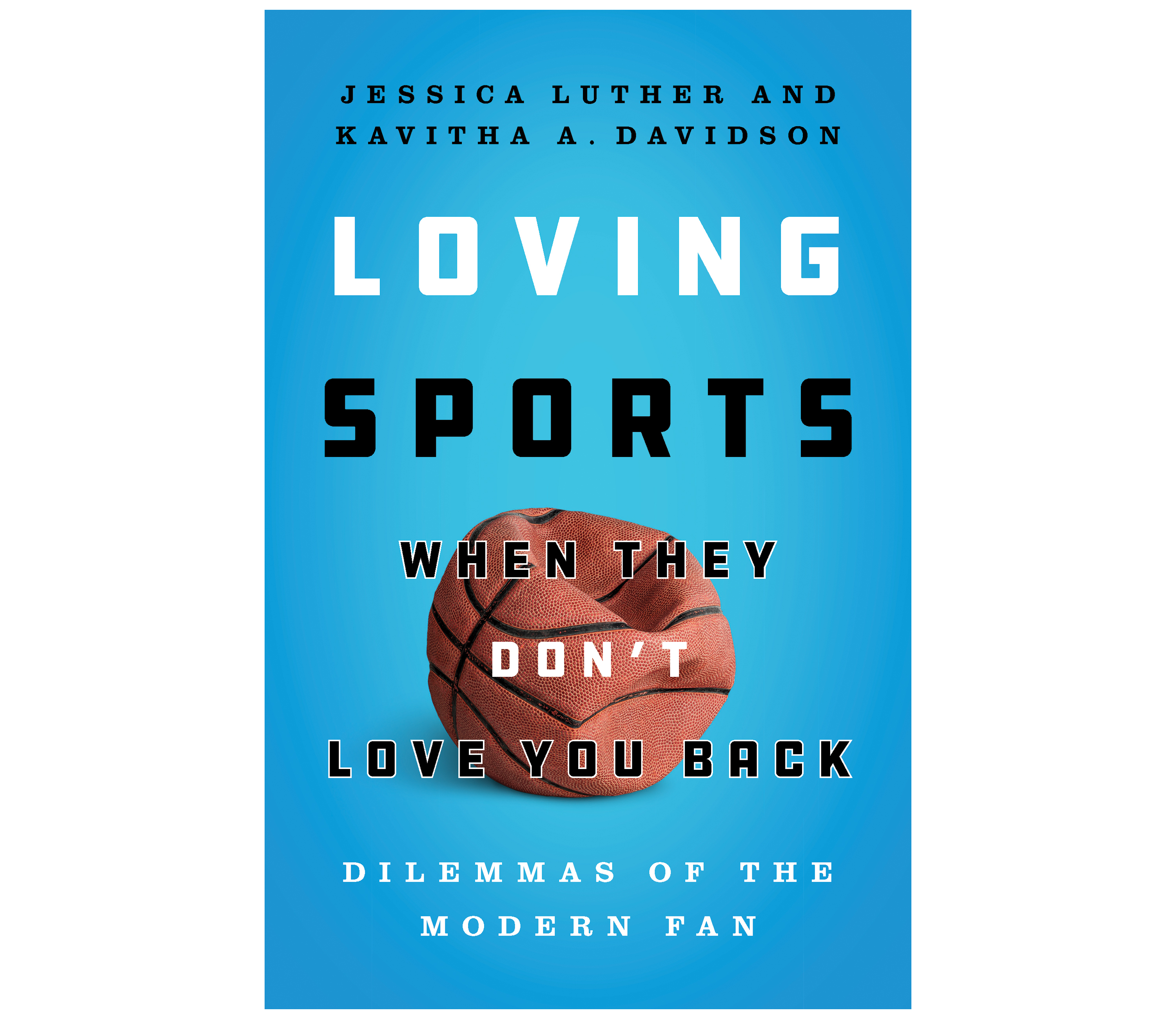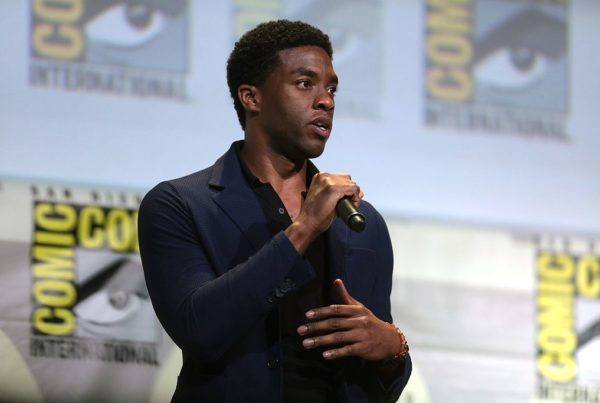As the Black Lives Matter movement grows, more athletes are speaking out and using their notoriety to spur social change. The latest example was the Milwaukee Bucks’ boycott of the NBA playoffs. The team reached an agreement with the NBA shortly after, but it was a strong statement by Bucks’ team members in the wake of the police shooting of Jacob Blake in Kenosha, Wisconsin.
So how do sports fans who care about social issues continue to enjoy their fandom, especially if a team or league’s actions conflict with their ethical beliefs?
Austin-based sportswriter Jessica Luther grappled with that question and more in her new book, “Loving Sports When They Don’t Love You Back: Dilemmas of the Modern Fan.” She told Texas Standard that as a woman, and a big sports fan, she has always felt like an outsider, feeling she has to prove her knowledge to belong.

Author Jessica Luther says she’s a big sports fan but her own relationship with sports became complicated after reporting on sexual violence in college football.
Her relationship with sports became even more complicated when she reported on sexual assault in sports, including a scandal involving Baylor University football players.
“Doing that work over the years really drove all of these things home; it’s very hard for me now to watch college football, in particular,” Luther said. “Just seeing the way the institutions respond to gendered violence has made it hard for me.”
But that experience was also inspiration for her new book, which she co-wrote with Kavitha Davidson.
Here are highlights from Luther’s interview with Texas Standard:
On grappling with tennis’ dark side:
“There’s actually a chapter in the book on racism, classism and sexism in tennis,” Luther said. “Tennis is funny for me because I know all those things and I care about them deeply … at the same time, as a fan, a lot of the times I don’t want to know anything; I want to be ignorant … and not care about the things that [players] believe politically or say about all of these issues that I care about. … I wish tennis would do better.”
On identity and fandom:
Luther said many fans have their personal identity wrapped up in their fandom. She experienced that herself: she was determined to go to Florida State University because she grew up watching Florida State football.
The problem, she said, is a team or sports culture might not always be inclusive, which can put some fans in a difficult position.
“You want to be in, you want to be in the community, but you’re also getting these other parts of you that are trying to assert themselves,” she said.
On what to do with that internal conflict:
Luther said some fans she interviewed for her book would try to “offset” the negative actions of a team or player by doing something charitable. One baseball fan was bothered by a player’s history of domestic violence, so every time that pitcher threw the ball, they would donate to a local domestic violence organization.
Fans can also “put pressure” on institutions to change their ways.
“If you’re an alum, you write to your university and you tell them how you feel about the choices that they’re making,” Luther said.
On reaching fans who don’t want to mix sports and social issues:
There are some fans who have strong feelings about keeping sports and social issues separate, and may never be able to be “won over.” But others might just need more information to better understand how sports and social issues are intertwined.
“A lot of people only know so much about something, and often just having more knowledge about it can help. So, presenting it as, like, ‘Hey, did you know..?’ instead of, like, ‘You’re wrong,’ can often work in your favor,” she said.
That was also the approach she and Davidson took with the book.
“Recognizing that people do care very deeply in a very personal way about these issues, and often feel implicated as fans,” Luther said. “So, meeting them where they are. … Everyone’s going to have a variety of opinions on these things.”
On what she hopes readers take away from the book:
She wants sports lovers who are grappling with their fandom to realize they’re not alone in that struggle. She also hopes readers learn more about how social issues and sports intersect, and become comfortable with that reality.
“You can be a critical fan, and still be a fan. And that the overall point of it all is to just make the sports umbrella bigger and more inclusive,” she said.














